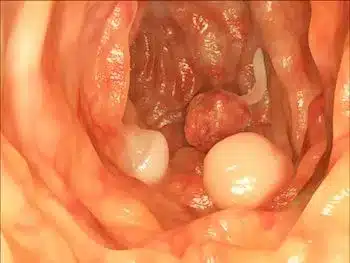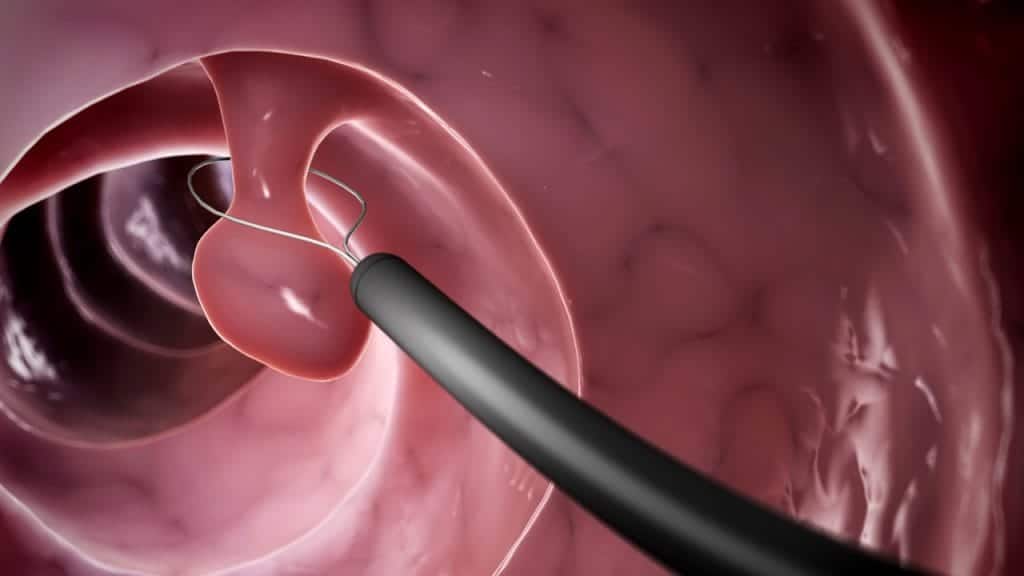A colonoscopy is a vital diagnostic procedure used to examine the colon (large intestine) and rectum for abnormalities. Your doctor may recommend a colonoscopy if you experience symptoms such as:
Colonoscopy is also performed to screen for colorectal cancer, detect polyps, and monitor inflammatory bowel disease (IBD) like Crohn’s disease or ulcerative colitis. Early detection ensures timely treatment and better health outcomes.
A colonoscopy involves using a thin, flexible tube (colonoscope) with a light and camera at the tip to provide a clear view of the inside of your colon and rectum. The procedure helps identify issues like inflammation, ulcers, tumors, or polyps and allows your doctor to take tissue samples (biopsies) if needed.
A colonoscopy is a safe and effective procedure used to examine the colon and rectum, helping detect conditions such as colorectal cancer, polyps, ulcers, and inflammation. It is recommended if you experience symptoms like chronic abdominal pain, rectal bleeding, changes in bowel habits, or unexplained weight loss. Colonoscopy also serves as a preventive tool, allowing doctors to identify and remove pre-cancerous polyps before they develop into serious conditions.


No. The procedure is performed under sedation, ensuring comfort and relaxation throughout.
For routine screening, it is recommended every 10 years starting at age 45 (or earlier if there’s a family history of colorectal cancer).
Polyps are small growths that can be removed during the procedure and tested to check for cancerous or pre-cancerous changes.
Preparation involves following dietary restrictions and taking a prescribed bowel-cleansing solution to clear the colon.